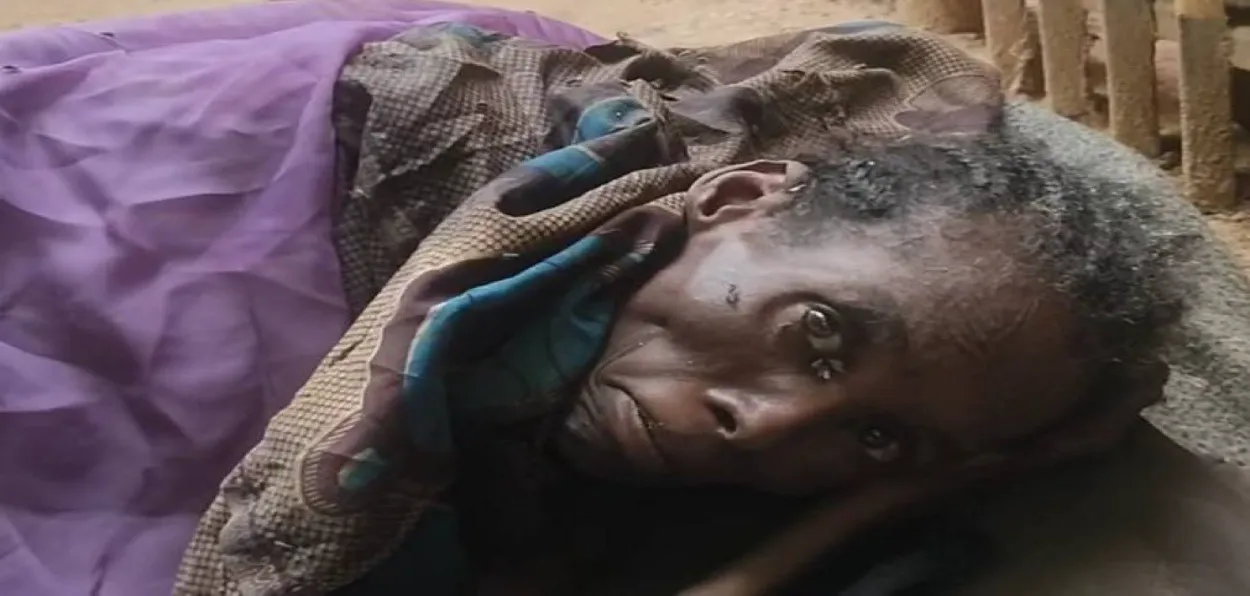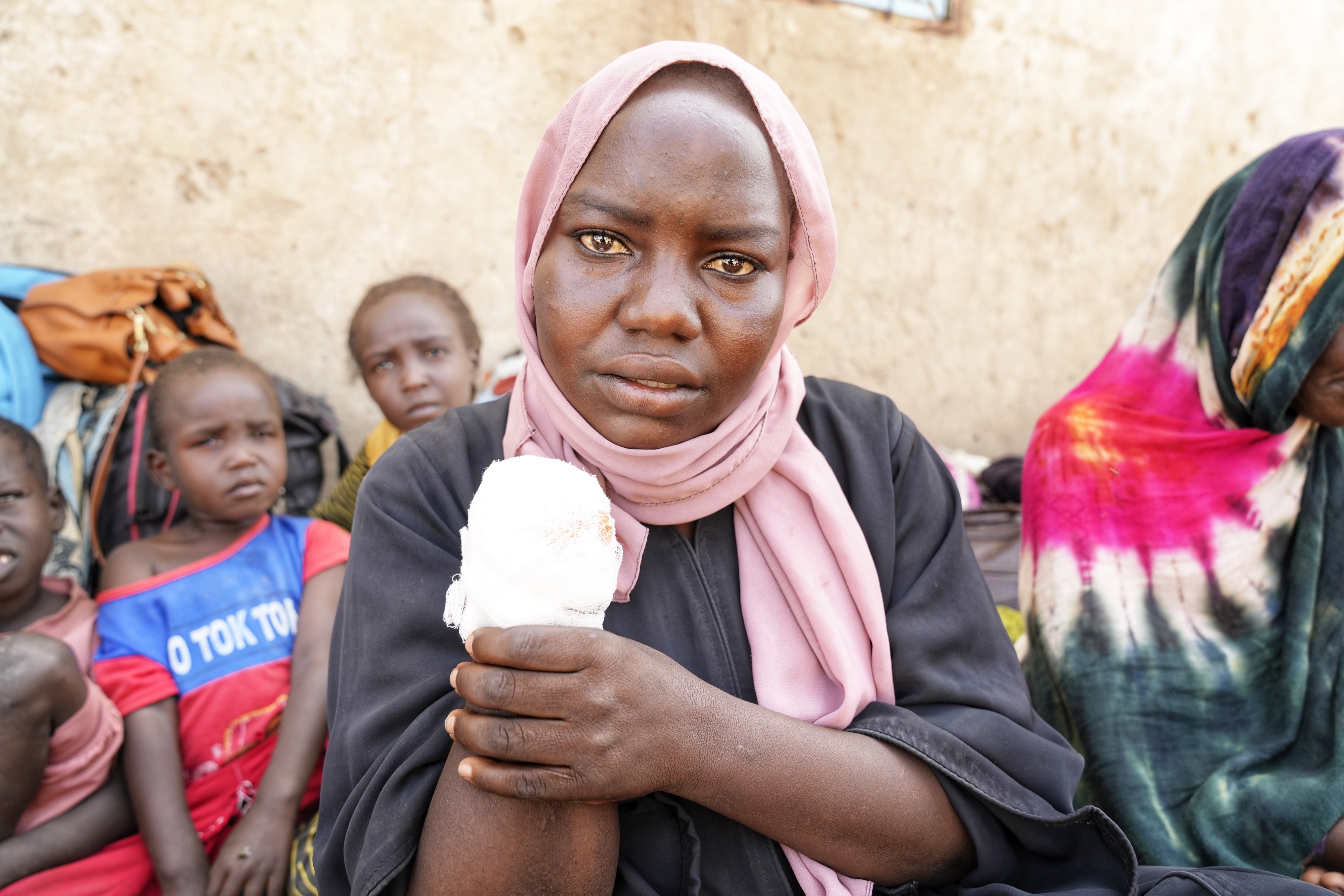
Madhura Khire
The city of El-Fasher, the capital of the North Darfur province in western Sudan, has recently fallen to the paramilitary (militant) group 'Rapid Support Forces' (RSF). The RSF had laid siege to the city, which was under the control of the Sudanese army since April 2024.
With the supply lines for food and aid cut off, the city faces severe famine and starvation. Furthermore, relentless drone strikes and bombings from both sides, coupled with reports of physical assault and sexual violence, have left the city in ruins. Now that the RSF has gained full control, a new cycle of terror has begun. House-to-house searches are underway, and killings have been reported. About 62,000 people have fled El-Fasher.
According to researchers at Yale University, non-Arab populations are being systematically targeted here. Satellite imagery provides evidence of massacres and destruction. Since the conflict between the army and paramilitary forces began in 2023, an estimated 1.25 lakh people have been killed, and over one crore people have been displaced. People are walking hundreds of kilometres, trying to reach aid camps.
Historical Context
General Omar al-Bashir seized power in a military coup in 1989. He implemented a strict regime based on hard-line laws. He was accused of suppressing opposition, controlling the media, and orchestrating genocide in the Darfur region. In 2003, the movement of African-origin people in Darfur was crushed with the help of the 'Janjaweed', a nomadic Arab militia. Between 2003 and 2005, lakhs of people died in the war in South Darfur.
UNHRC has released the following video of the Sudan's humanitarian crisis on X:
“We hope that one day our children can grow up to see the Sudan we once knew.”
— UNHCR Egypt (@UNHCREgypt) November 13, 2025
During her visit to Egypt, Assistant High Commissioner for Protection @RuvenMenik met with Sudanese @Refugees and witnessed firsthand the human cost of the war in #Sudan. pic.twitter.com/wPs2e48whS
During this war, a young warrior fighting for the Janjaweed caught al-Bashir's attention. That warrior was Mohamed Hamdan Dagalo, also known as 'Hemedti'. Eventually, Bashir granted this militia the status of a 'Border Security Force'.
In 2013, al-Bashir established the 'Rapid Support Forces' (RSF) under Hemedti's leadership. In 2017, Hemedti seized several gold mines in Sudan from a rival tribal leader, becoming the country's largest gold trader. Since most of Sudan's gold is exported to Dubai, the United Arab Emirates (UAE) is a natural trade partner.
Meanwhile, following the Saudi-Emirati intervention in Yemen in 2015, the Sudanese government sent army troops under the leadership of Army Chief Abdel Fattah al-Burhan. A few months later, the UAE made a separate deal with Hemedti. Under this agreement, Hemedti sent a large contingent of RSF troops to fight in South Yemen and to guard the Saudi-Yemen border. This provided him with another valuable source of revenue. Gradually, he became one of the richest men in Sudan, and the RSF's strength multiplied.
The Current Situation
Burhan proposed merging the RSF into the regular army. He wanted this process completed within two years, while Dagalo (Hemedti) insisted on a ten-year timeline. This became the main cause of the conflict between the two. Now, the RSF has taken control of the entire Darfur region. The population is facing starvation, malnutrition, disease, and a lack of health facilities. A severe migration crisis has emerged.
Various countries are taking sides—supporting either Burhan or Hemedti—for reasons ranging from economic gain and geopolitical strategy to regional stability and natural resources. For instance, the UAE is accused of supplying weapons to the RSF for profit. Sudan's geographical location, with the Red Sea to its east, is crucial for international trade.
Consequently, Russia and Iran are keen on establishing a naval base at Port Sudan, for which they are supporting Burhan's army. Egypt and Ethiopia, which share borders with Sudan, want regional stability and thus support Burhan. On the other hand, Chad, located to the west of Sudan, supports the RSF. This web of conflicting interests is creating major hurdles in ceasefire negotiations.

Inmates in a refugee camp in Sudan
Demand for Democracy
Protests against rising inflation began in the city of Atbara in December 2018 and soon spread across the country. On April 6, 2019, thousands gathered outside the military headquarters in the capital, Khartoum, demanding democracy. Bowing to public pressure, the army and the RSF joined hands to remove al-Bashir from power on April 11, 2019.
The military declared a three-month state of emergency and a two-year transition period. After months of negotiations and protests, a 'transition agreement' was reached between military and civilian leaders. Under this, Abdalla Hamdok became the interim Prime Minister until elections could be held. The 2019 revolution had started a journey toward democracy. However, another military coup in 2021 halted this process. Since April 2023, a brutal civil war has been raging between the Sudanese Army and the RSF for control of the country.
According to the United Nations, nearly three crore people in Sudan are struggling to survive and need urgent assistance. Many international organisations have appealed for help. While aid is flowing from various countries, it is not enough. Only 25 percent of the expected funding for this year has been received.
The International Organisation for Migration (IOM), UNICEF, the World Food Programme, and many other NGOs are waiting for more assistance from the international community. Sustained international efforts are needed to reduce the conflict in Sudan. While the complex nature of this conflict and the involvement of external factors make a solution difficult, efforts must be made to alleviate the suffering of the Sudanese people through dialogue, accountability for crimes, and the delivery of aid.
(The author is a researcher of international affairs.)
